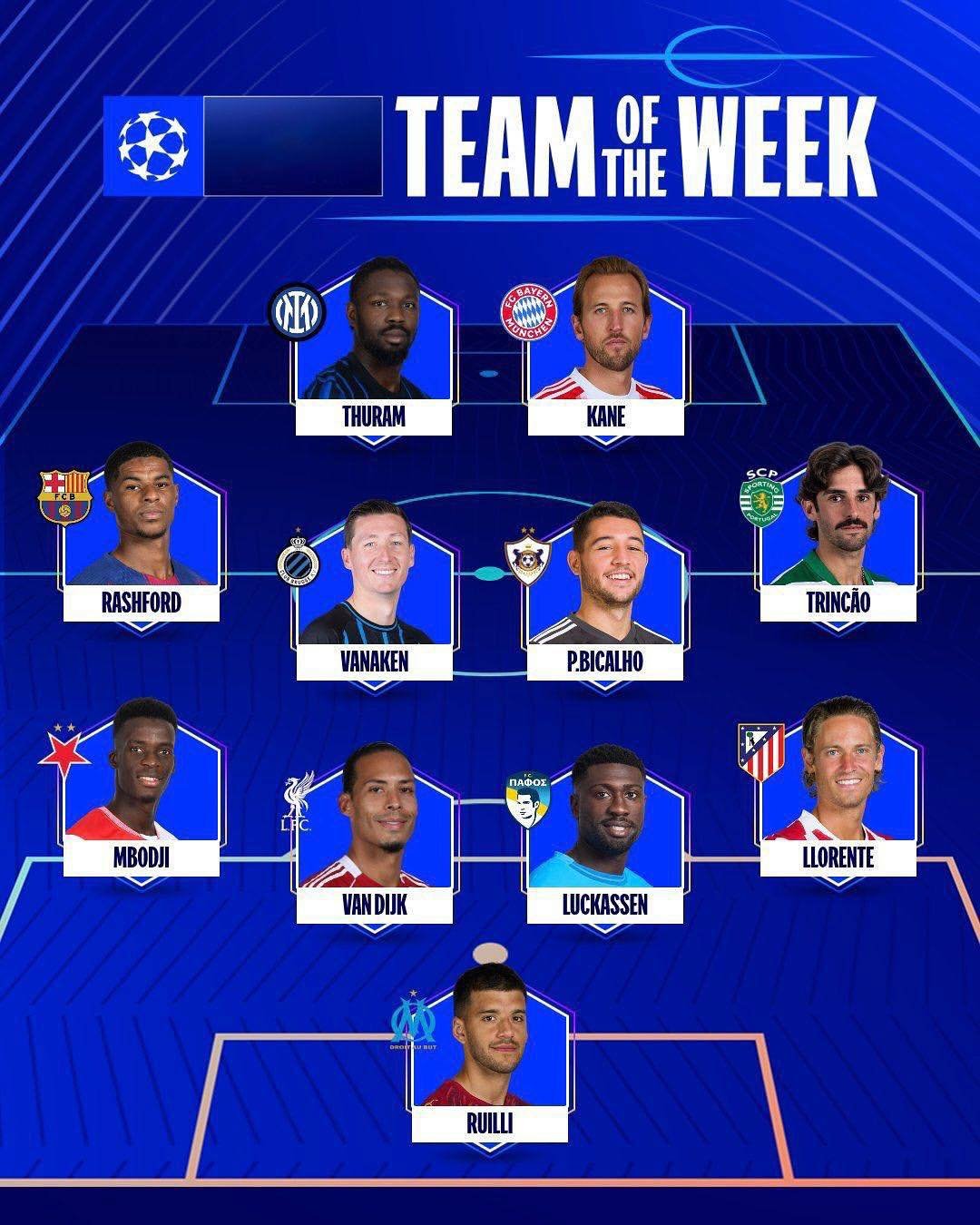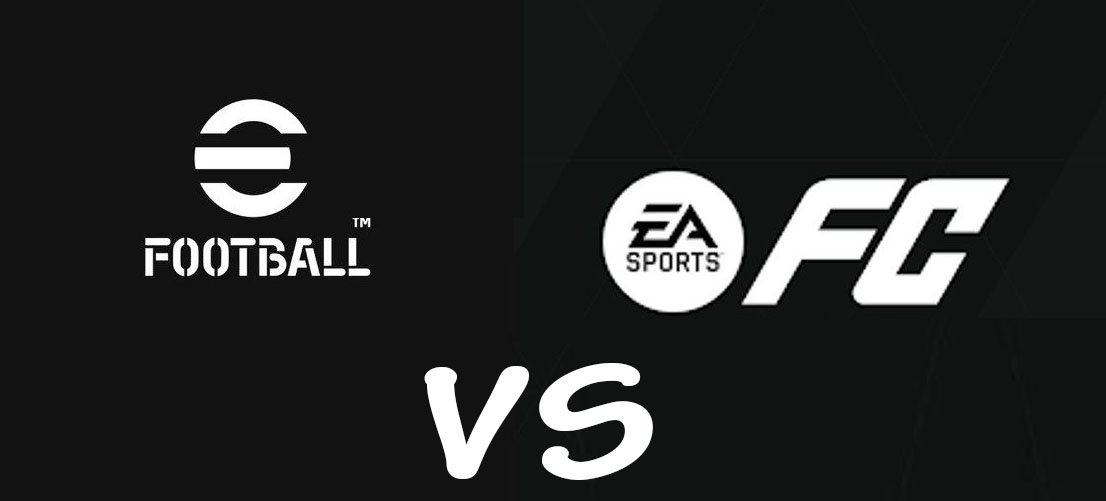The landscape of Spanish football has been shaken by a renewed and intensified dispute over officiating, culminating in an extraordinary move by Real Madrid. Following a controversial matchday, the club has announced its intention to file a formal report with FIFA, the global governing body of football, detailing a dossier of what it perceives as consistent and damaging refereeing errors. This action marks a significant escalation in a long-standing grievance and brings to the fore a crucial debate about the integrity of La Liga’s officiating system and the role of VAR.
For years, the relationship between Real Madrid and the Spanish refereeing establishment has been strained, but the recent events have pushed it to a breaking point. The club’s official media channels, most notably Real Madrid TV, have become a platform for a sustained and public critique of the decisions made by officials, a practice that has drawn both support and condemnation. The latest flashpoint, however, transcends the usual post-match analysis and has become a formal protest at the highest level of the game.
The Controversial Flashpoint: A Red Card That Changed Everything
The catalyst for Real Madrid’s drastic measure was a match against Real Sociedad, a fixture that was already high-stakes given the early-season title race. The decisive moment came in the 32nd minute when young defender Dean Huijsen, on loan from Juventus, was shown a straight red card by referee Jesús Gil Manzano. The foul on Mikel Oyarzabal was deemed a denial of a clear goal-scoring opportunity. However, replays and tactical analysis immediately sparked a furious reaction from the Real Madrid camp.
The core of the argument against the red card was the presence of Éder Militão. The Brazilian center-back was positioned in a covering role, running parallel to the play and in a position to challenge Oyarzabal, even if Huijsen had not made the tackle. According to the Laws of the Game, a denial of an obvious goal-scoring opportunity (DOGSO) is only met with a red card if the defender is the last player to a player who has a clear path to goal. The presence of a covering defender, especially one in a central position, would typically reduce the offense to a yellow card for a simple tactical foul.
What made the situation even more galling for Real Madrid and its supporters was the inaction of the VAR. In a system designed to correct clear and obvious errors, the video assistant referee, Figueroa Vázquez, did not advise Gil Manzano to review the incident on the pitchside monitor. This failure to intervene on what many considered a game-altering mistake fueled the narrative that the VAR system in Spain is either incompetent or biased. Real Madrid manager Xabi Alonso was visibly and audibly frustrated, receiving a yellow card himself for his protests on the sidelines. His post-match comments were measured but clear, stating that he had not changed his mind after reviewing the footage and that the referee’s explanation did not convince him.
The Broader Context: A Season of Discontent
While the Huijsen incident was the tipping point, it is crucial to understand that it is not an isolated event. Real Madrid’s proposed report to FIFA is expected to be a comprehensive document, not just focused on this single game. It will reportedly include a compilation of officiating decisions from the current season, and even retrospectively from the previous campaign. This indicates a deeper, systemic issue that the club feels is undermining the integrity of the competition.
Some of the incidents expected to be included in the report are:
- Arda Güler’s Disallowed Goal: In the same match against Real Sociedad, a goal by the talented Turkish midfielder was ruled out for an offside on Kylian Mbappé in the build-up. The decision, though technically correct by the letter of the law, was criticized by some for being a marginal call that highlights the fine margins on which games are being decided.
- The Negreira Case: Real Madrid’s complaint is also seen as a way to link the current issues to the long-running “Caso Negreira,” a scandal in which FC Barcelona was found to have made payments to a former vice-president of Spain’s refereeing committee. While Barcelona has maintained the payments were for technical reports and a Spanish court has dismissed initial bribery charges, the ongoing investigation has cast a long shadow over the credibility of Spanish refereeing. Real Madrid and other clubs have argued that officials who came through the system during Negreira’s tenure still hold prominent positions today, and that this historical context is relevant to the current state of affairs.
- A Broader Pattern: Real Madrid’s official position is that the club has been a consistent victim of questionable calls, with a negative balance of red cards and controversial penalties, especially when compared to their main rivals. They argue that this isn’t about individual mistakes but a trend that negatively impacts their ability to compete fairly for the title.
La Liga’s Response and the Road Ahead
The reaction from La Liga and its president, Javier Tebas, has been swift and equally combative. Tebas, who has had a long and public feud with Real Madrid and its president Florentino Pérez, has warned the club to “be very careful with what you do and what you say.” He has accused Real Madrid of trying to “damage La Liga” and creating a “narrative of victimhood” that he believes is unfounded. Tebas’s stance is that every club suffers from refereeing mistakes, and that Real Madrid’s focus on their own perceived injustices is self-serving and counterproductive.
The Spanish Football Federation (RFEF) and its Technical Committee of Referees (CTA) have attempted to address the growing discontent with a new initiative called “Review Time,” a series where they publicly review controversial decisions. While this move is a step towards greater transparency, it has already been met with skepticism. For example, the CTA admitted that a goal by Ferran Torres for Barcelona should have been disallowed in a previous match but upheld the result. In a similar paradox, the disciplinary committee has upheld Dean Huijsen’s one-match suspension despite the referees themselves admitting their error. This disconnect between acknowledging a mistake and providing a remedy for it is at the heart of the current crisis of confidence.
What happens next is uncertain. FIFA’s role in a domestic league’s refereeing affairs is not clearly defined, and it remains to be seen how they will respond to Real Madrid’s report. It is more likely that the report will serve as a political statement, a powerful tool to pressure the RFEF and La Liga to implement more robust and transparent measures. The outcome could be anything from a stern warning and call for improved standards, to the potential for an external review of the Spanish refereeing system.
This conflict is more than just a club’s complaint; it’s a reflection of the evolving nature of football and the challenges presented by modern technology like VAR. The very system designed to eliminate human error has, in many cases, only created new layers of controversy. For Real Madrid, this is a fight for sporting fairness. For the Spanish football authorities, it’s a struggle to maintain control and credibility in the face of intense scrutiny. The coming weeks will be critical in determining whether this is a turning point for Spanish refereeing or simply another chapter in a long-standing saga of mistrust and recrimination.
#LaLiga #RealMadrid #VARControversy #SpanishFootball #Refereeing #RealMadridTV #DeanHuijsen #JesúsGilManzano #JavierTebas #FIFA #FootballNews #Soccer #Matchday #ElClasico #FootballControversy











